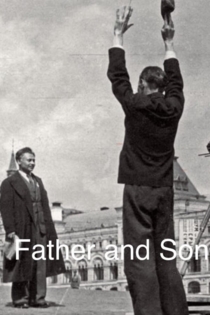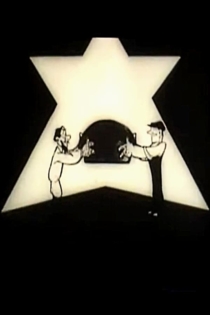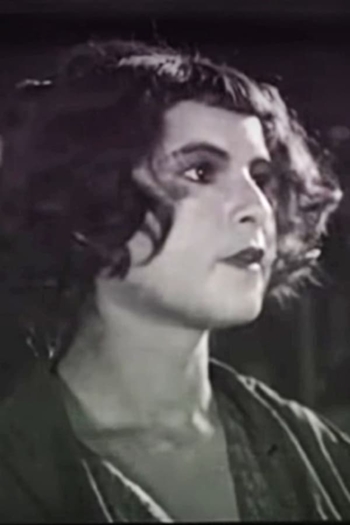
Margarita Barskaya
1903 - 1939Тарас Трясило
Pyotr Chardynin
Leonid Barbe, Margarita Barskaya
The film is set in the 17th century, when social antagonism is at its peak. The poverty of peasants and poor Cossacks is opposed to the lavish lifestyle of the Ukrainian and Polish noblemen, priests, and Cossack officers. Cossacks fight off Tatars’ attacks, however, they start to realise that the real enemy is much closer. Taras Triasylo raises Cossacks to help the rebellious peasants. A dramatic historical narrative, masterly mass shootings of horse attacks, hand-to-hand combats and public festivities contrast with lounge scenes in the palace – balls, feasts, and entertainment of rich people and their family members wearing brocade clothes. On a grand scale and with an eye for detail, the director draws the texture of the film and its characters. The leading actors of Les Kurbas’s theatre Berezil played film protagonists. The film based on Volodymyr Sosiura’s verse novel of 1925 was considered lost for a long time.
Taras Tryasylo
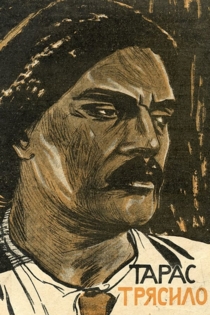
Yagidki kohannya
Alexander Dovzhenko
Maryan Krushelnitsky, Margarita Barskaya
Dovzhenko's debut film, it deals with a dandified barber's attempts to get rid of his "love berry" - his illegitimate offspring. Although a farce, its permissive sexuality can still be considered to be risque.
Love's Berries
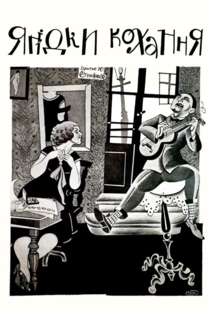
Рваные башмаки
Margarita Barskaya
Mikhail Klimov, Klavdiya Polovikova
Working with children led Barskaya to create superb direct sound and an inspired style of shooting. Don’t look for conventional cinematic syntax here. The film is chaotic in the way that Soviet films still knew how to be, and Langlois couldn’t help but be seduced by its rebellious spirit, its anarchy and love of children, comparable to Vigo’s Zero de conduite. As well as being a film made with and for children, it offers a complex take on Western society. Pre-Nazi Germany is not named as such but is carefully reconstructed, possibly under advice from Karl Radek, and children offer a playful reflection of class struggle – doubly excluded, as proletarians and as minors. “They play in the same way that they live”, one intertitle says. The interaction between their comical games and the yet more ludicrous ones played by adults is developed on several levels.
Torn Boots
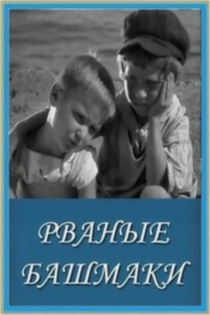
Otec i syn
Margarita Barskaya
Teodor Vulfovich, Lev Sverdlin
While a factory director is distracted by production problems, his adolescent son suffers from loneliness. His mother is dead, and the father – a kind man and exemplary communist, winner of a Lenin Prize – is unable to find the time to educate his son, or a way to express his feelings. After an argument, the young boy runs away and, at his own risk, joins a band of criminals.
Father and Son
